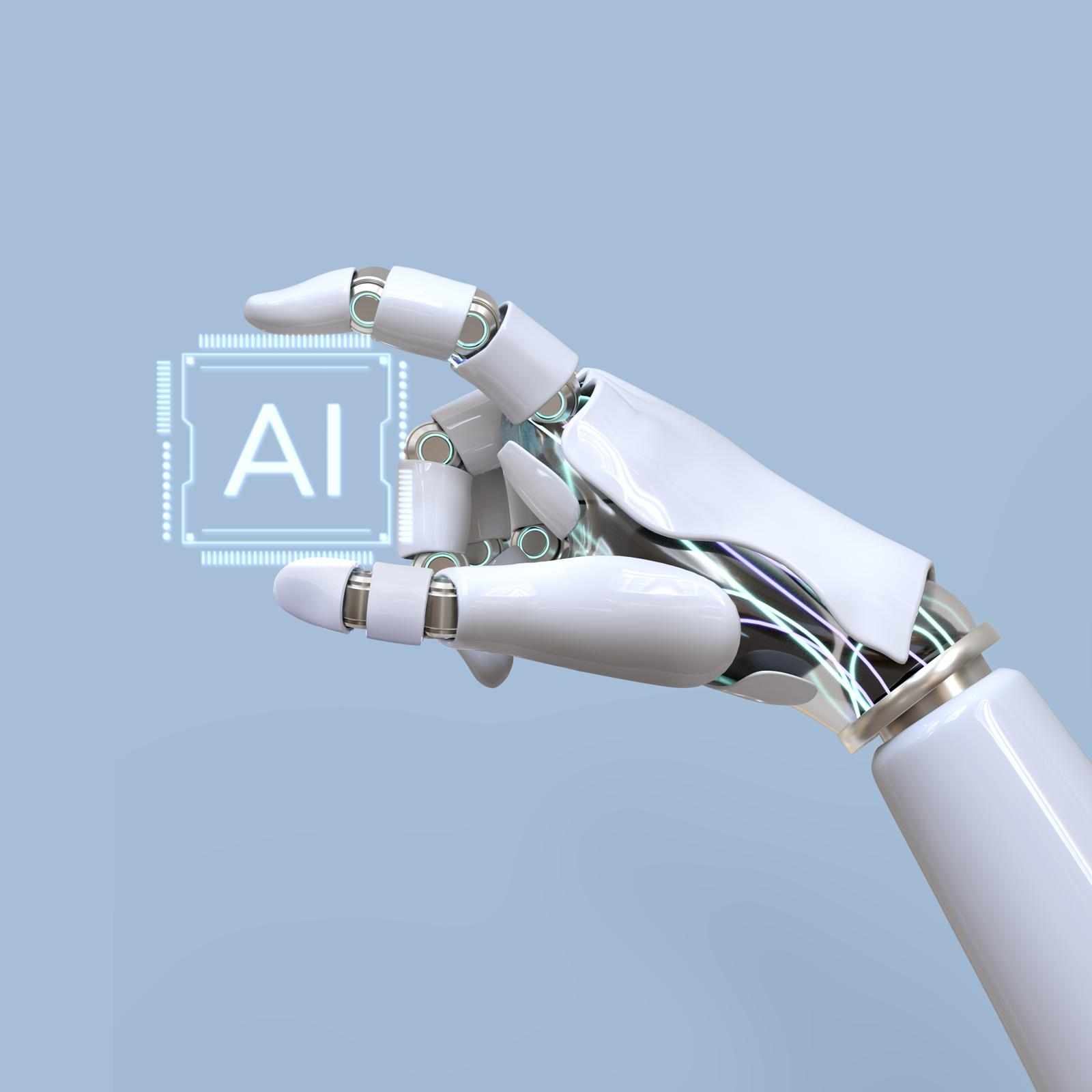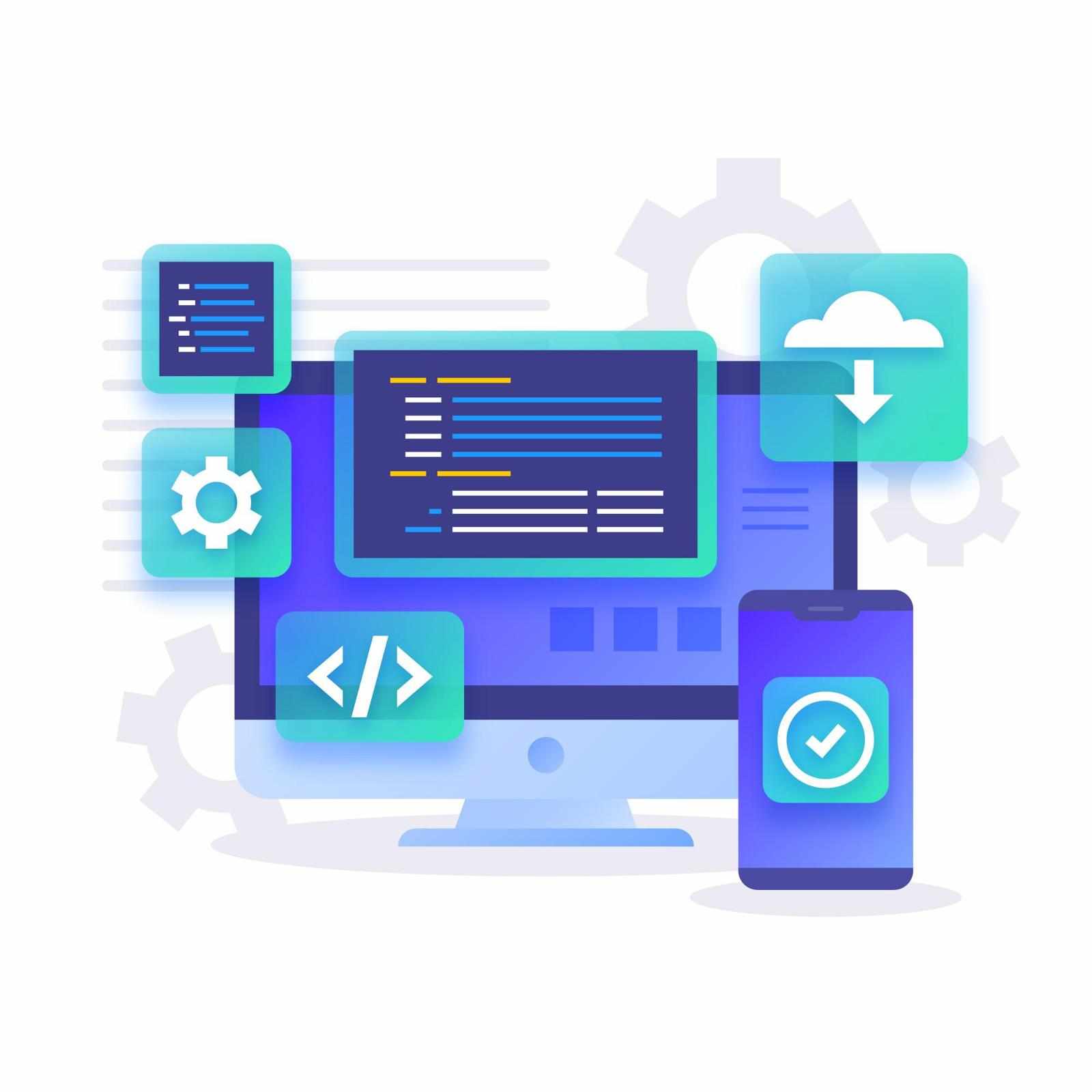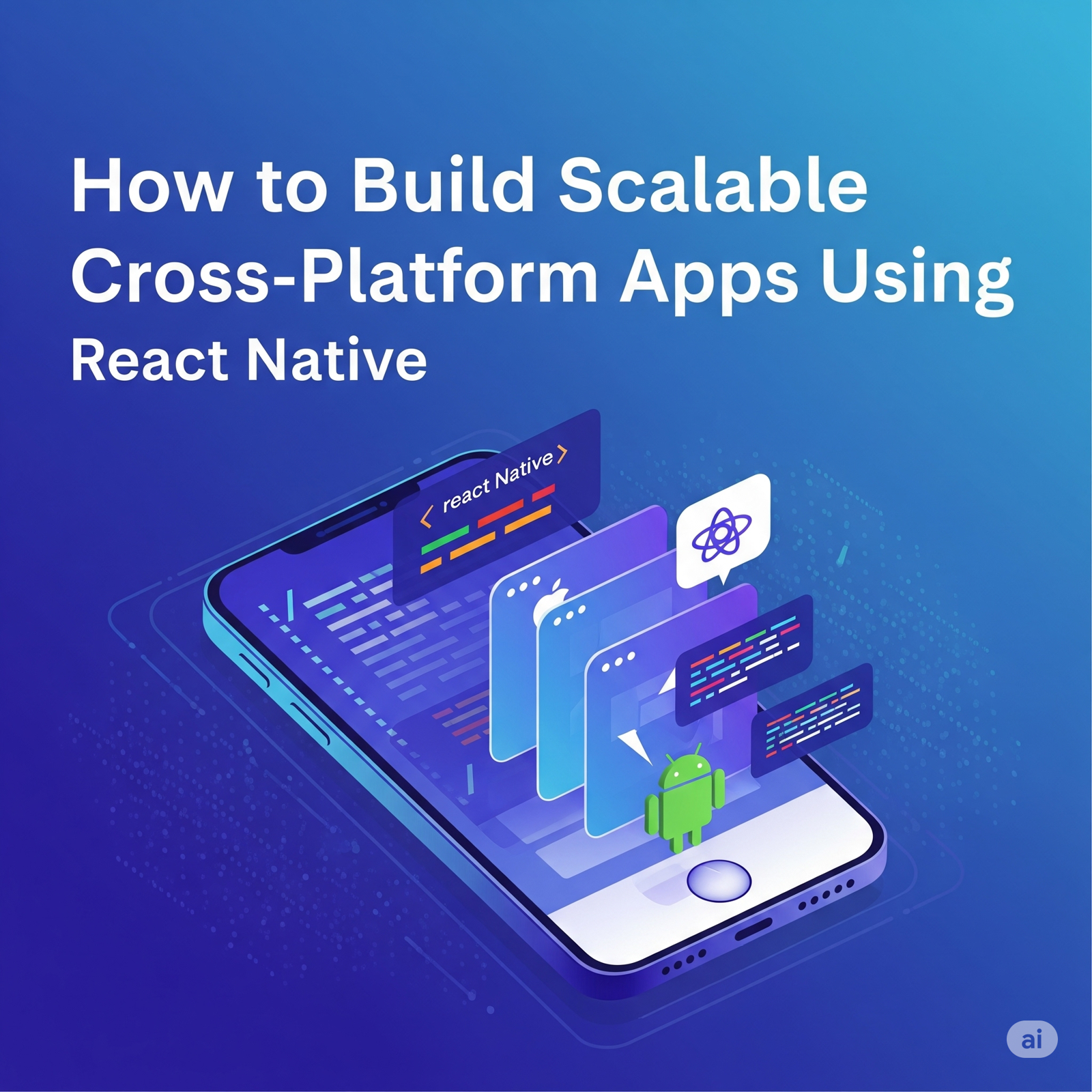Generative AI is a part of artificial intelligence that’s been grabbing a lot of attention lately. And it’s not hard to see why. This technology is making big waves, especially in mobile app development. Unlike traditional AI, which mainly focuses on recognising patterns or making predictions, generative AI is all about creating something new, from text and images to processes that fit the unique needs of businesses.
In the mobile app world, generative AI can produce fresh content and ideas by learning from existing data. This isn’t just about automation—it’s about unlocking creativity and creating apps that are more intelligent and interactive than ever before.
Let’s put it into perspective with some numbers. Research shows the global generative AI market was worth about $16.87 billion in 2024. And it’s expected to grow at a rapid pace—about 37.6% between 2025 and 2030.
Why the Generative AI Market Is Growing So Fast
This growth is fueled by rising interest across various industries, like tech, healthcare, entertainment, and more. Tools that convert text into images or videos, enhance image quality, and speed up content creation are pushing this trend. Many companies are embracing generative AI to make their work faster, more efficient, and more creative.
Take Microsoft, for example. In March 2023, they introduced Visual ChatGPT, a tool that combines image-based models with ChatGPT. It lets people interact with AI in a visual and user-friendly way. This proves that generative AI is more than a trend—it’s an important step forward in innovation.
As time goes on, generative AI will continue to shape how mobile apps are built. For developers, businesses, and everyday users, this marks an exciting shift. It brings the power to build smarter, more intuitive apps that better serve their audience.
Highlights:
Generative AI helps build mobile apps faster by handling repetitive tasks like coding, testing, and design.
It makes apps more personal by analysing user behaviour to offer tailored content and features.
Developers can stretch their creativity and build more engaging, advanced apps.
App launch times are shorter, helping companies meet market demands quickly.
Still, there are challenges, such as ethical concerns, data bias, and the need for reliable systems.
Why Businesses Are Using Generative AI in Mobile Apps
Generative AI is no longer a futuristic idea. It’s already making everyday tasks more manageable and smarter. Companies are moving toward this new wave of AI for mobile apps because it helps them stay ahead in a fast-changing market.
A great example is voice assistants in e-commerce, like Siri and Alexa. They’re powered by AI and make shopping easier through smart recommendations. Today’s mobile apps use similar tools to improve user experience and deliver what people want.
With technologies like Natural Language Processing (NLP), machine learning, and deep learning now paired with generative AI, developers are equipped to build better, faster mobile apps. These tools not only improve development speed but also provide users with smoother, smarter experiences.
Artificial intelligence is not just a buzzword anymore. It’s changing how mobile apps are created and helping businesses meet their goals more efficiently.
How Generative AI Is Impacting Different Mobile App Industries
Generative AI is driving transformation in many industries. Here's how it's making a difference:
1. Finance
In the financial world, generative AI can simulate market conditions and create synthetic data to test algorithms. It helps convert raw data into detailed reports with risk assessments, trend predictions, and performance insights.
This allows companies to understand their financial health better and make quicker decisions. Personalised investment advice is also possible, giving users tailored financial strategies that meet their goals. These AI-generated suggestions improve not only decision-making but also customer trust.
2. Manufacturing
In manufacturing, generative AI supports faster software development. If a company needs a custom tool for monitoring its assembly line, AI can help write the initial code. Developers then adjust it to fit specific needs.
It also helps optimise workflows by creating algorithms that improve efficiency, reduce waste, and adjust to changing resources. Automotive companies, for instance, use AI to streamline their production lines and cut costs.
3. Healthcare
Generative AI in healthcare is boosting accuracy in diagnosis and speeding up treatment planning. It processes medical reports and images to detect patterns or signs of illness that might be missed by humans.
It’s also helping with drug discovery. By scanning huge data sets, AI can suggest new drug combinations or predict how a drug might behave, cutting down development time. Personalised treatments are another big plus, as AI helps design plans based on individual health needs.
4. Entertainment
In streaming services like Netflix and Amazon Prime Video, generative AI recommends shows and movies based on what users have watched or searched for. This personal touch keeps people engaged and coming back for more.
5. Gaming
Match developers are using generative AI to create more immersive experiences. It helps generate realistic dialogue for non-playable characters (NPCs), designs more interactive environments, and allows games to respond dynamically to user actions.
Key Uses of Generative AI in Mobile Apps
Here’s how developers are using generative AI to build smarter, more capable apps:
Code Writing
AI tools are now writing code with just a few instructions. Developers can save time by generating entire code blocks or functions, focusing instead on refining app logic and improving user experience.
UI Design
AI can automatically design user interfaces that are both functional and attractive. Tools like Figma’s Smart Animate can generate UI animations, saving time and making apps more engaging.
Testing
Testing apps used to take hours, but now AI can create and run tests based on user actions. This ensures bugs are caught early and the final product is reliable and smooth.
Personalization
Generative AI adjusts app features based on user behaviour. From recommending products to changing the layout of an app, it creates a more personal experience, keeping users more engaged.
Performance Tuning
AI helps find and fix performance issues by analysing how users interact with the app. It suggests changes to make apps run faster and smoother, even as demand grows.
Real-World Examples
Google Play Instant – Uses AI to let users try apps instantly without installing them, making the experience smoother.
Facebook AI – Meta uses generative AI to suggest content and add creative features like filters and AR effects.
Apple AI is used to boost battery life, improve Siri, and personalise device performance.
Benefits of Generative AI in Mobile App Development
Here’s why more businesses are turning to a trusted generative AI app development company:
Encourages Creative Thinking
AI opens new doors for innovation by generating unique designs, ideas, and functions that might not have been considered before. It gives developers more room to experiment.
Saves Time on Routine Tasks
Tasks like writing code or designing screens can now be automated. This lets developers spend more time on strategy and creativity, while AI handles the basics.
Better Personalization
Apps become smarter with AI, learning what users want and tailoring content or suggestions to their preferences. This boosts satisfaction and keeps people coming back.
Faster Launches
Generative AI allows apps to be built quickly by speeding up design, testing, and coding. This means companies can launch their products sooner and respond to changes in the market faster.
The Challenges of Using Generative AI in Mobile Apps
While the benefits are huge, there are also some challenges to keep in mind:
Ethics and Transparency
AI must be used responsibly. Developers should be clear when content or suggestions are generated by AI, so users aren’t misled. Being honest builds trust and ensures apps are used safely.
Technical Limitations
Generative AI is powerful but not perfect. It may need advanced tools and systems to work smoothly. Developers must stay up to date to avoid setbacks.
Consistency Issues
If used too heavily, AI might create inconsistencies in design or function. Developers still need to review and adjust AI-generated elements to keep the user experience smooth and aligned.
Data Quality and Bias
AI learns from data, and if that data is biased, the results will be too. Ensuring the data is clean, diverse, and accurate is key to making sure apps work fairly for everyone.
Final Thoughts
Generative AI is changing how mobile apps are built, from how they look to how they perform. It brings speed, creativity, and personalisation to the development process. For developers and businesses alike, this means better apps and better results.
To take full advantage of this technology, working with the best generative AI app development company can make all the difference. They’ll guide you through the process, help you avoid common mistakes, and ensure you build something that truly stands out.
At Dev Story, our expert team is ready to help you bring your vision to life with cutting-edge AI-powered solutions. Whether you're starting fresh or upgrading an existing app, we’ll help you leap into the future of mobile development.
Ready to build the next big thing? Get in touch with Dev Story today and let’s make it happen.







Write a comment ...